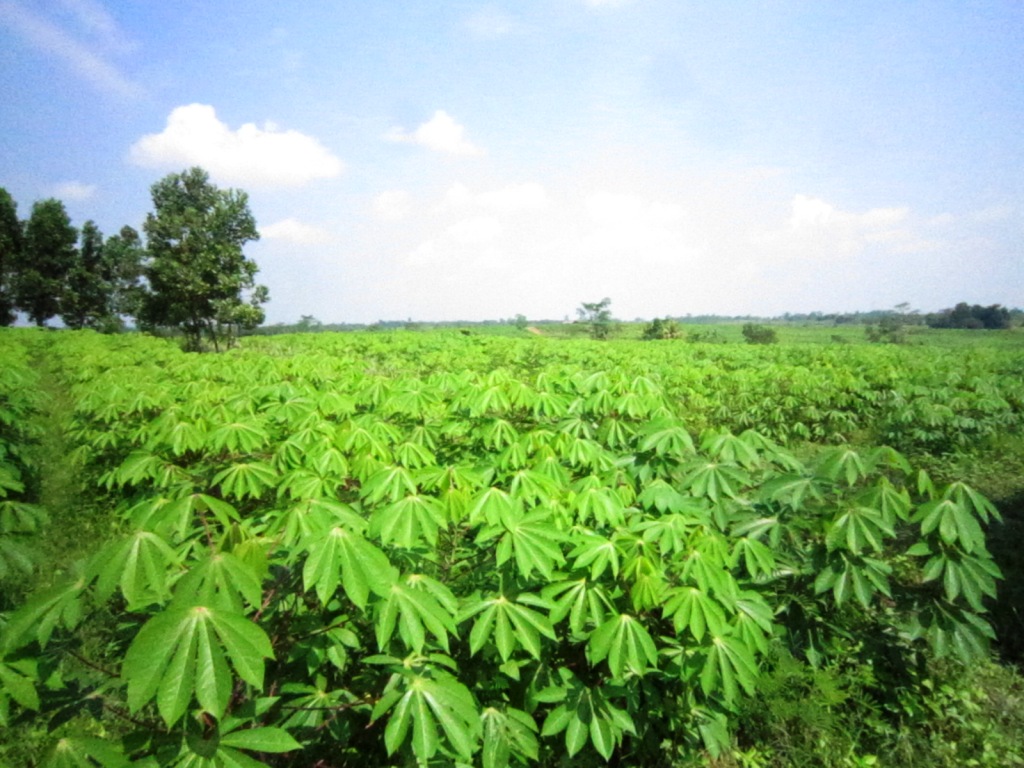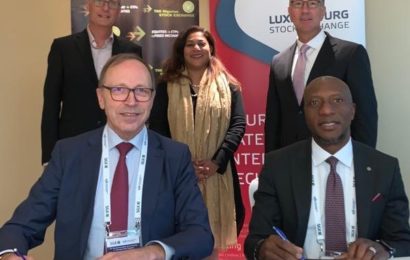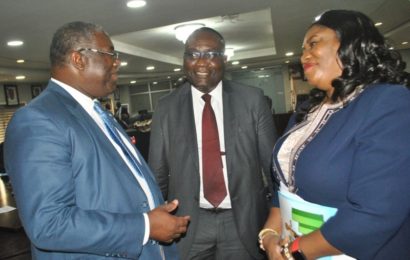

AS economic situation bites harder on Nigerians, some farmers in Gombe have urged the state government to leverage the additional funds received from the Federation Account Allocation Committee (FAAC), to invest in the agriculture.
They said such investment was imperative to encourage productivity and address challenges militating against sustainable growth in agriculture.
The farmers, who spoke while reacting to a survey by the News Agency of Nigeria (NAN) on the increase allocation to states sequel to subsidy removal, said the measure would enhance wealth creation and food security.
According to them, since over 80 per cent of the citizens of the state engage in agriculture such investment would improve social and economic wellbeing of the people.
A cotton grower, Umar Na-Bingi said noted that farming was the only sector that could be leveraged by government at all levels to change the economic fortunes of the state and country.

He said agriculture was critical to poverty eradication and improving the wellbeing of the people, especially rural dwellers.
Na-Bingi said that most farmers could not cultivate their farmlands due to hike in prices of fertilisers and inputs occasioned by fuel subsidy removal and inflationary trend.
“It is good to increase investment in agriculture and enhance farmer support services following increase in FAAC allocation to the state.
“There is no empowerment that will help address poverty in rural areas like supporting the agriculture sector where majority of our people could be reached”.
Corroborating Na-Bingi, Amos Bulus said such investment would impact positively on the wellbeing of the farmers and enhance Nigeria’s economic diversification drive.
“Such investment in agriculture will have positive impact on the economy of the state”.
Also, Musa Malala commended the Gombe government over the distribution of fertilisers to the farmers at subsidised rate of N15,000 per bag.
A NAN checks in major markets across Bauchi, Gombe and Jigawa showed that a bag of NPK brand of fertiliser was sold between N25,000 and N28,000 while Urea brand of the commodity sold between N21,500 and N23,500, respectively.
Similarly, Mr Garba Jinjiri, Chairman, Bauchi State Network of Civil Society Organisation has advocated introduction of comprehensive youth empowerment programme sequel to increased in the FAAC allocation to states.
According to him, empowerment will ameliorate the sufferings of the youth, create jobs and enable them to become self reliant.
He urged the state government to initiate a palliative towards addressing hikes in prices of inputs to encourage productivity and enhance food security.
“We have the artisans, if the government can offer them loans it will help a lot.
“Cost of education is rising and this can lead to a high rate of school dropout.
“It’s ideal for the government to use some of the money received from FAAC to subsidise education in the state,” he said.
To ease transportation difficulties, the Bauchi government procured additional 30 buses for its own Yankari Transport Corporation.
Gov. Bala Mohammed said the government spent N480 million on procurement of the vehicles.
He said the state government in collaboration with Federal Government adopted proactive measures to cushion the effect of the subsidy removal.
In Jigawa, the state government expressed readiness to utilise the increase in its FAAC allocation to provide palliatives and execute viable projects to fast track infrastructure development in the state.
Mr Babangida Umar, the Commissioner for Budget and Economic Planning, said the state received N7 billion as first tranche of FAAC allocation following the removal of fuel subsidy.
“We have also received the sum N21 billion as special grant for infrastructure approved to each of the 36 states of the Federation and Abuja.
“Part of the money would be used to finance infrastructure and other essential services across the 27 local government areas of the state.
“The aim is to cushion the effect of subsidy removal and cope with the rising cost of prices of food items and other essential services.” he said..
Also, Mr Sagir Musa, the Jigawa Commissioner for Information, Youths, Sports and Culture, said the government had approved over N100 million to empower 1,000 women traders and 1,500 youth in the state.
According to Musa, each of the women will be get N50,000 to enable them to expand their businesses, adding that the government also approved N134 million for procurement of five trucks of rice for distribution to the people.
“The government will also support 1,000 Small and Medium Enterprises (SMEs) with N100,000 each,”
The gesture, he said, would complement the federal government effort towards mitigating the effect of fuel subsidy removal in the country.




